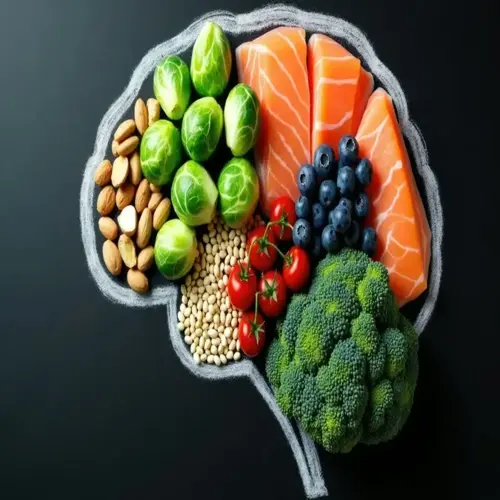Can organic farming sustainably feed the global population?

Written by
Gina Mason
Reviewed by
Prof. William Dalton, Ph.D.The scalability of organic *farming* is compelling evidence for global food security. Organic farmland has increased by more than 200% worldwide over the past decade. There is now a yield potential equal to or greater than that of any other type of farming, given current sophisticated farm management techniques, including cover cropping. This *proliferation allows sustainability* in non-niche markets as well.
Climate Resilience
- 40% higher yields during drought conditions
- Healthier soils retain 30% more moisture
- Reduced irrigation needs conserve water
- Lower energy consumption per acre
Developing Nations Impact
- Avoids expensive synthetic inputs
- Builds self-sufficient soil fertility
- Creates local seed saving networks
- Reduces farmer debt cycles
Organic agriculture produces 40% higher yields under dry conditions. This resilience is thanks to healthy soil that works like a sponge, absorbing water and nutrients. The amount of water the soil can retain improves drastically. This performance guarantees reliable harvests under the stress of climate change. Food security is ensured where it is most needed.
Organic practices confer particularly significant benefits on developing nations: The high costs of synthetic inputs which create perpetual cycles of indebtedness for farmers can be avoided. The farmers are thus enabled to build up the natural fertility of the soil by composting. Local seed networks can be established to assure biodiversity. There will then be true agricultural independence for these rural communities.
The future will depend on more diversified farming systems. Organic systems can be beneficial in conjunction with conventional systems in regional farming contexts. Crop rotation can create diversity and help prevent the development of pest resistance. Polycultures to some extent mimic natural ecosystems. All of these approaches promote diversity and create food webs with resiliency. Your support makes this change possible, and it is needed now!
Read the full article: Organic Food Advantages: Essential Benefits Revealed

